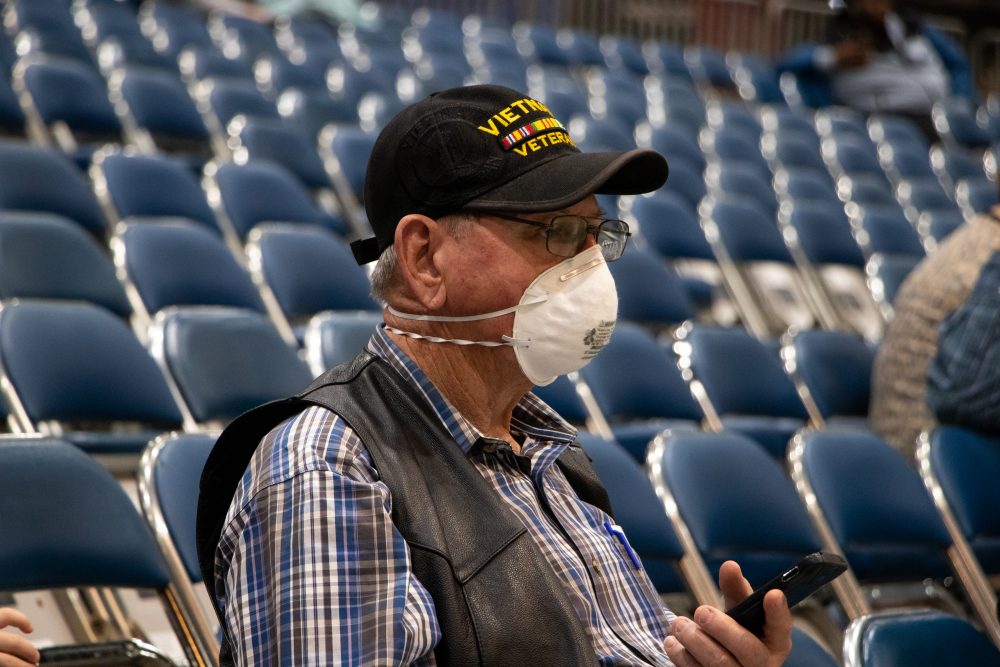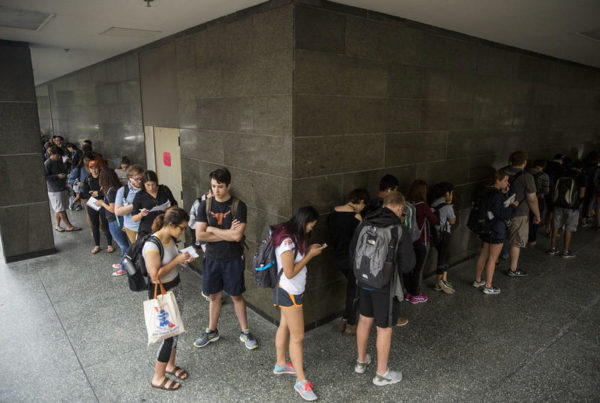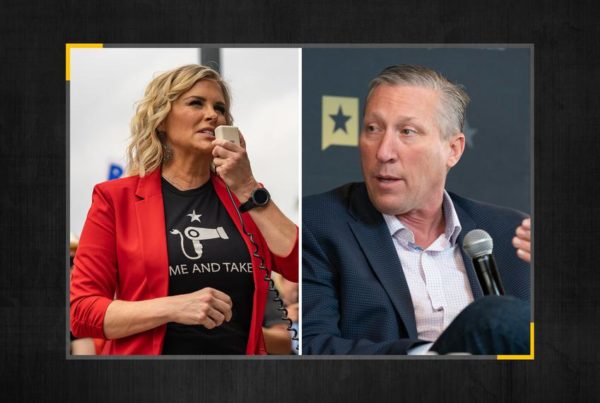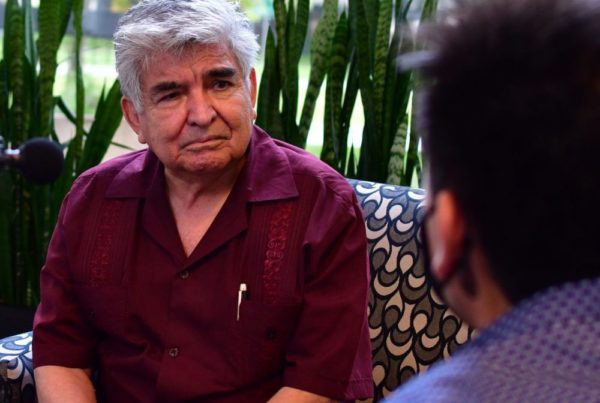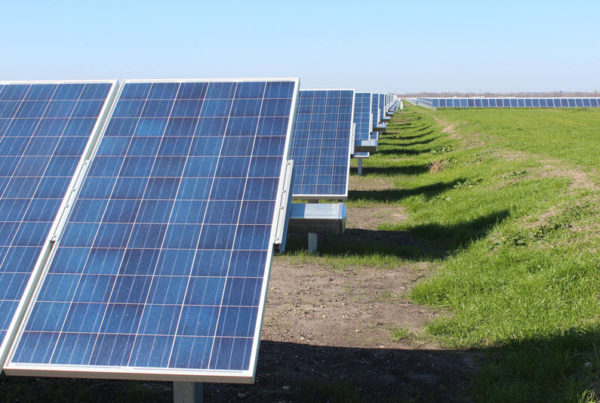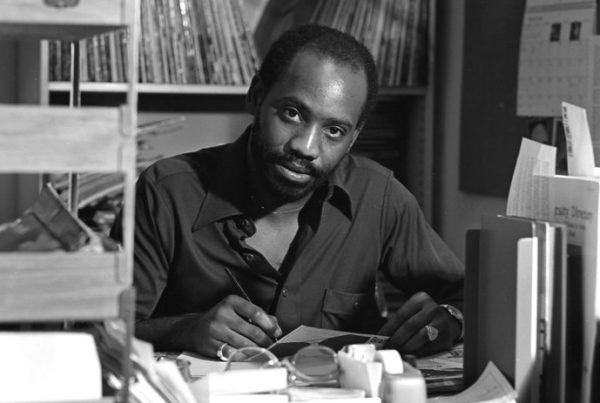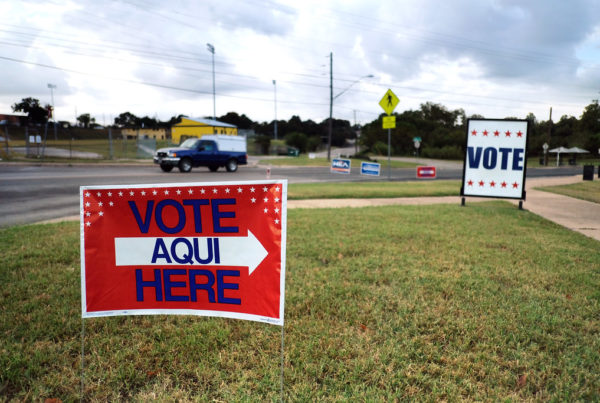The Houston Chronicle is publishing an investigative series looking into Harris County’s response to the coronavirus pandemic. Mike Morris is one of the reporters who examined the county’s response. He spoke with to the Texas Standard about what they found.
On the investigation’s focus on the Houston Rodeo:
“Any examination of the pandemic in Houston has to start with the rodeo closure on March 11, which was obviously before its full run, about halfway through. Because really, that’s the moment in time when local residents were kind of startled into recognizing the virus as a threat. Prior to that time, there had been no local gathering closures or anything like that. This was the you know, it’s the city’s biggest event. It’s the biggest kind of cultural gathering, concerts, carnivals. It’s not just bull riding. The decision to close that early really woke everybody up locally to the fact that this was going to be a problem we would face here.”
On whether the coronavirus spread at the Houston Rodeo:
“It’s not entirely clear how many people got sick from attending rodeo events because local public health departments didn’t have a rigid protocol for determining which of their patients had attended a mass gathering of some kind. But Harris County epidemiologists later determined that 12 people who had eventually tested positive had been to some kind of rodeo event. And it was the first case of community spread, dated back to the pre-rodeo barbecue kickoff in late February. There is certainly some number of people who public officials believe did get sick at rodeo events.”
On whether Harris County’s response is reflective of much of America’s response to COVID-19”
“I think it goes to the lack of information. I mean, the lack of information and guidance from the CDC. Local officials made the decision to shut the rodeo days before the CDC issued any sort of guidance about mass gatherings. There’s a lack of information from a lack of testing that was driven by the CDC’s decision not to use the [World Health Organization] tests for coronavirus and try to come up with their own and then bungle that attempt, leaving too few to go around, which meant there wasn’t sufficient testing as the rodeo got underway to determine who might have the virus in the Houston region. To be charitable, it was a new virus that was poorly understood and is still not all that well understood. But I think people operating in the dark is really the main takeaway.”


